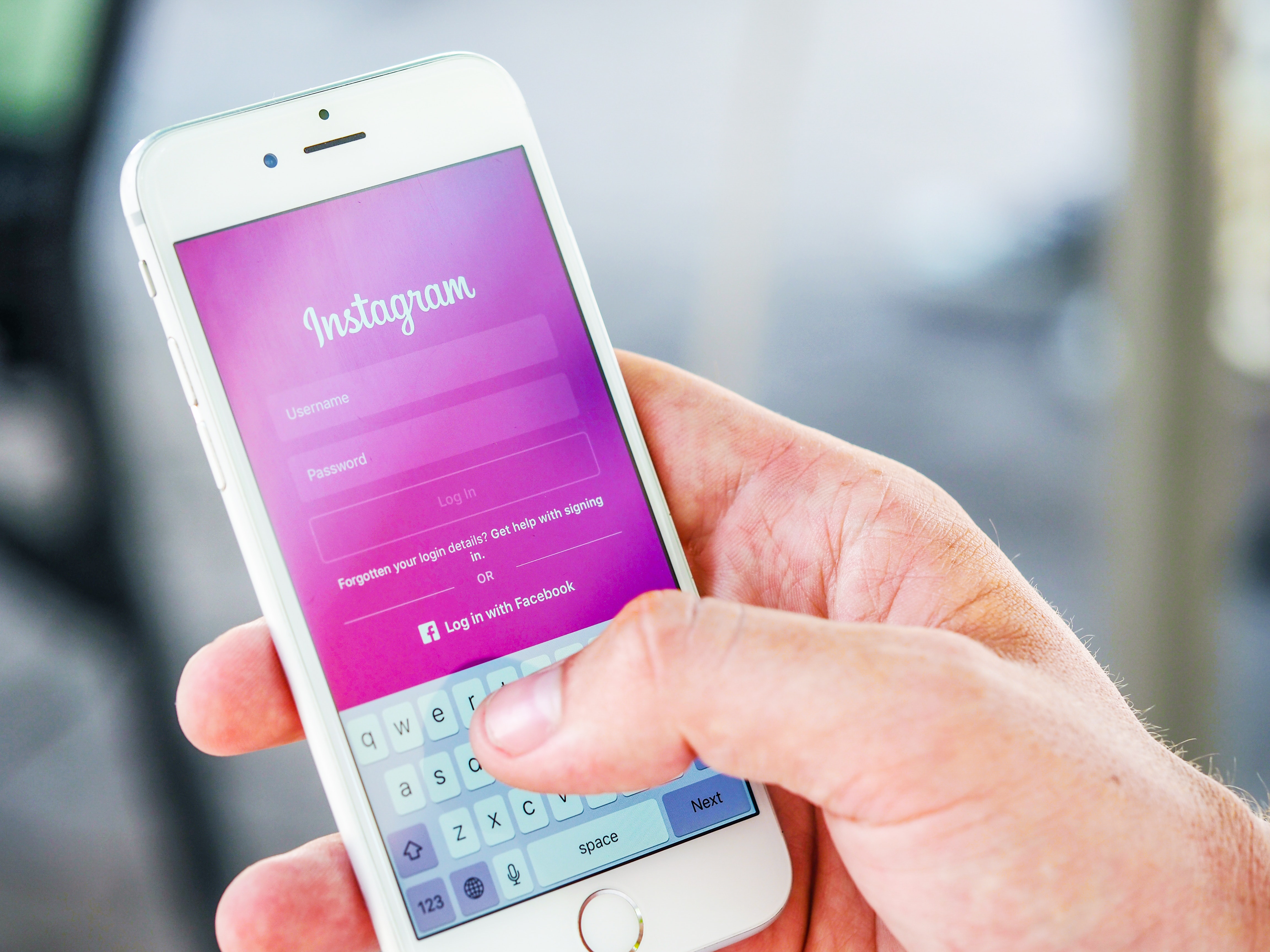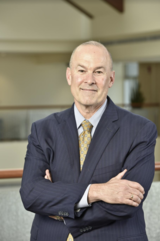I have reflected on some very important studies of which I have become aware.
A recent study with 20,000 people administered by Cigna Insurance using the UCLA loneliness index (https://www.aarp.org/personal-growth/transitions/info-09-2010/How-Lonely-are-You.html) was striking.
As reported (https://www.multivu.com/players/English/8294451-cigna-us-loneliness-survey/), the survey found:
- Nearly half of Americans report sometimes or always feeling alone (46 percent) or left out (47 percent).
- One in four Americans (27 percent) rarely or never feel as though there are people who really understand them.
- Two in five Americans sometimes or always feel that their relationships are not meaningful (43 percent) and that they are isolated from others (43 percent).
- One in five people report they rarely or never feel close to people (20 percent) or feel like there are people they can talk to (18 percent).
- Americans who live with others are less likely to be lonely (average loneliness score of 43.5) compared to those who live alone (46.4). However, this does not apply to single parents/guardians (average loneliness score of 48.2) – even though they live with children, they are more likely to be lonely.
- Only around half of Americans (53 percent) have meaningful in-person social interactions, such as having an extended conversation with a friend or spending quality time with family, on a daily basis.
- Generation Z (adults aged 18-22) is the loneliest generation and claims to be in worse health than older generations.
- Social media use alone is not a predictor of loneliness; respondents defined as very heavy users of social media have a loneliness score (43.5) that is not markedly different from the score of those who never use social media (41.7).

The study also found bright spots and specifically, the power of communities and the importance of social interactions in loneliness and health. People with less perception of loneliness are more likely to have regular, meaningful, in-person interactions; are in good overall physical and mental health; have achieved balance in daily activities; and, are employed and have good relationships with their coworkers.
We know that the perception of loneliness is an important driver of disease and poor outcomes. It is also should be a target of population health and community building for health.
This data fits remarkably well into the same framework with other data showing the critical role of mindset, connection and sense of purpose on health outcomes and lifespan.
This includes Case and Deaton’s finding of deaths of despair and hopelessness (https://www.brookings.edu/wp-content/uploads/2017/08/casetextsp17bpea.pdf); the Adverse Childhood Experience survey (https://www.npr.org/sections/health-shots/2015/03/02/387007941/take-the-ace-quiz-and-learn-what-it-does-and-doesnt-mean); the Blue Zones (https://www.bluezones.com/2016/11/power-9/); and Gallup Wellbeing Survey (https://wellbeingindex.sharecare.com/wp-content/uploads/2018/02/Gallup-Sharecare-State-of-American-Well-Being_2017-State-Rankings_FINAL.pdf?t=1518473023878).
All of this information allows us to make a generalization that the perception of our living status and connections, the world that surrounds us and our community, social networks and purpose, help us to be healthy and live longer.
The opposite makes us sick and live shorter lifespans.
This brings me full circle back to the root word of health – wholeness.
I think feeling lonely or isolated leads to fear, scarcity, hopelessness, fragmentation and disease. It leads to rapid biological age of our bodies.
Feeling connected, loved, hopeful, safe and abundant makes us feel whole and healthy.
Which brings me back to my belief that there is one absolute truth that is independent of our perception and that all other truths are relative and rely on our perception and interpretation.
The single truth is All is One. Each one of us. We are part of the mass of the universe and all that has mass is really just energy (Einstein’s E=mc2). We are constructed of the same energy source.
As subcomponents of the whole, we are whole ourselves (like fractals – whole subparts of an infinite whole – like droplets of the ocean.) But we have forgotten, and given the polarization of our country and world, we perceive separation in an increasing frequency and intensity.
I think this is the key to health. Waking up to our real selves. Believing in a great life and future and trusting that is our birthright.
We have just forgotten.
The key?
As One. Whole. Complete. In collaboration.
It is time to remember and live in unity. We start here, together.
Almost heaven.

